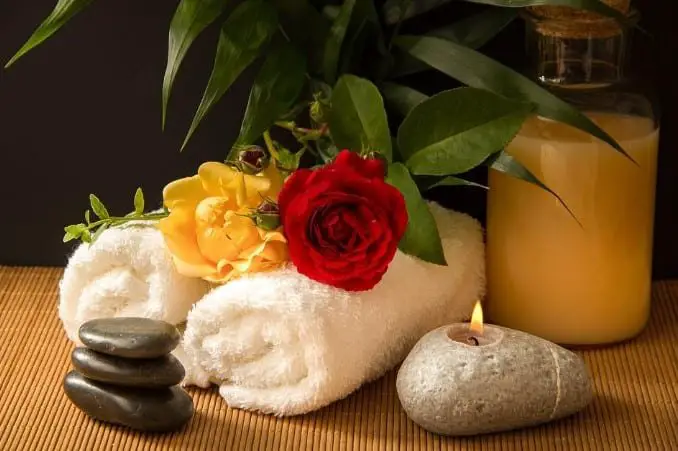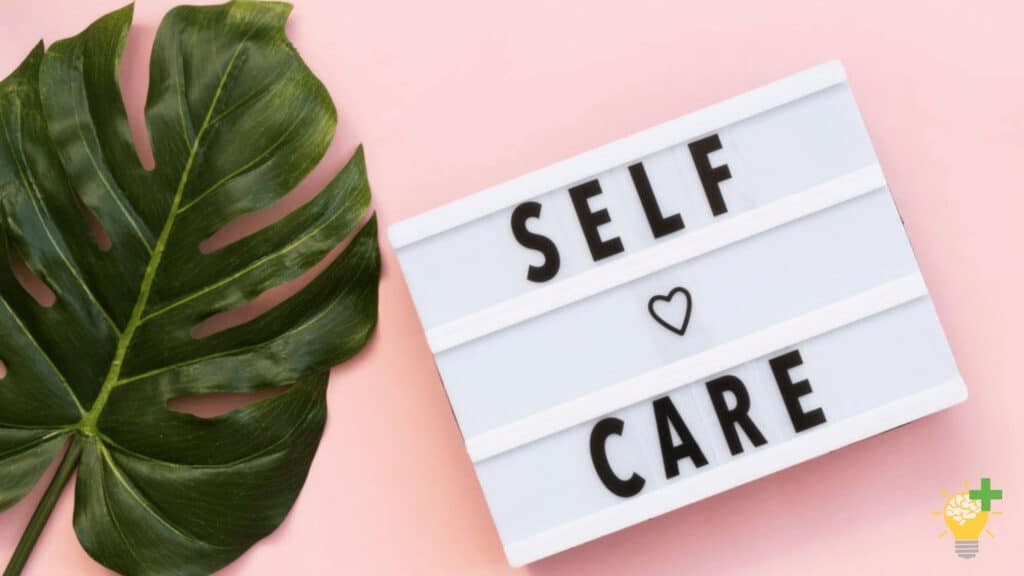Being there for others, caring for our loved ones, and building meaningful relationships make you a social being. However, in a world where nearly everyone seems preoccupied with busyness, it can be easy to forget about caring for the most important person in your life ― you!
While putting others first is a noble thing, you can only effectively care for others if you first take good care of yourself. In other words, you can’t pour from an empty cup, no matter how hard you try.
Apart from burnout, ignoring your needs can lead to resentment and general dissatisfaction with life, especially if your gestures are not reciprocated as you want.
This ultimate self-care quiz will help you determine how much time and energy you are currently putting into the various aspects of your life, so you can improve where necessary.
What Is Self-Care?
Self-care means actively or purposefully protecting your overall well-being and happiness by doing things for yourself.
If you think it is somewhat selfish to make your needs a priority ―to practice self-care ― you’re alone. It is normal for people with a mile-long daily to-do list to feel this way. After all, won’t you be considered self-centered if you prioritize your needs when:
- You need to meet the needs of your significant other
- Care for the kids
- Look after sick loved ones
- Meet work obligations
However, self-care is never selfish at all. No vehicle can run indefinitely without some sort of maintenance, and even electric cars that don’t require gas still need to be charged regularly. And to do that, the vehicle needs to stop moving.
The same is true for humans. We must regularly “stop moving” to charge, have our oil changed, and perform maintenance to continue functioning optimally.
Self-care is being deliberate about building a healthy relationship with yourself. However, you should not wait until you are stressed to start caring for your physical, emotional, and overall well-being.
I recommend asking yourself the following questions at least once a week to help you get started with self-care:
- Am I running on empty? Do I need to stop and fill up or do a little bit of maintenance?
- What do I need right now? What self-care practice do I need right now to help refill my tank? Do I need to rest, meditate, sleep, or just relax?
- How can I include self-care practices into my weekly schedule?
Key Areas of Self-Care

Many people think of self-care only from the aspect of physical well-being. While this is okay great, self-care goes beyond pampering yourself to a relaxing massage at an expensive spa!
You’ll get to take the self-care quiz in a bit, but before then, let’s consider the various areas to take good care of yourself in everyday life. As you go through the list below, a good place to start your self-care practice (or focus more on) would be an area that seems you’re neglecting.
1. Physical Health
Caring for your body makes a lot of sense because you can’t function as you should if your physical health is not up to par.
Among other things, make sure you consistently eat a healthy diet, get regular exercise (even if it is low-intensity workouts), have enough rest and sleep, and drink the recommended daily amount of water to stay hydrated.
2. Spiritual Health
You don’t necessarily have to subscribe to a religion to look after your spirit. Create time to sit in silence, meditate, journal, pray, fast, or practice what you deem important to nurture your spirit.
3. Mental Health
Whether it is learning a new skill or reading a good book, keeping your mind sharp is essential to making better decisions. And as you already know, your life is shaped by the quality of your decisions.
Like physical exercise, create time to regularly exercise your mind to prevent mental decline and guard your mental energy.
4. Emotional Health
Managing difficult feelings and emotions, such as sadness and anger, can help you deal with everyday stressors. Managing your emotions is not about suppressing them; instead, it means processing them positively.
Creating time to regularly pen down your thoughts in your journal, practice mindfulness, or meditate is a good way to improve your emotional health.
5. Social Health
Creating and nurturing meaningful relationships is part of self-care because no one can develop fully without others.
Caring for your social health might include chatting with a loved one once in a while or spending quality time with the special people in your life.
Self-Care Quiz to Do at Home

The following questions will help you figure out whether to spend more time and energy caring for yourself.
Read each statement and choose the response that holds true for you. The maximum points you can score is 50, and since this is a do-it-yourself quiz, you’ll add your scores at the end of the quiz to determine the total points and then check the corresponding result for your total score.
Here is the marking scheme to help you determine your total score. It will be tallied for you.
- 2 points for every “Always” answer
- 1 point for every “Sometimes” answer
- 0 point for every “Not really” answer
Remember, this self-care quiz is never about providing answers you think are correct but about giving honest responses. That’s because there are no right or wrong answers. The goal is to gain insight into how well (or not) you treat yourself so you can improve your self-care if necessary.
Self-Care Quiz Scores
Total Score: 45-50
Result: Self-Care Pro

Your result shows you are doing an excellent job of putting yourself and your needs first. Even though you make time for others, you recognize the importance of looking out for yourself and tending to your physical, psychological, and general needs.
You’re doing great! And you’re doing a fine job of balancing the various aspects of your life, including work and personal life.
Remember to continue caring for your body and mind, enjoy your “me time,” and spend more quality time with the people in your life.
Total Score: 36-44
Result: Self-Care in Progress

You put many of your needs first and try your best to look after yourself, which is great!
However, there are a few other important areas of your life where you might need to up your self-care game and put more time and energy.
Consider all the statements in the quiz to which you respond with a “Sometimes” or “Not really” and think of ways to improve.
Do you need to focus on improving your spiritual and mental self-care using practices like meditation, journaling, and mindfulness? Perhaps you need to forgive yourself more for past mistakes?
What about the physical aspect of self-care? Regular exercise and adequate hydration often take the back burner in many people’s lives.
It is easy to neglect these aspects of self-care probably because they require some level of commitment – and commitment doesn’t sound like fun, right? But these things are crucial for your overall physical and mental well-being.
Total Score: 35 and Below
Result: Work Needed

Your responses suggest you are somewhat low on your list of priorities, and that’s easy to understand, considering that you might not have enough time and money to practice self-care as much as you would like.
In fact, many people who score 35 points or less on this self-care quiz have busy schedules, making it difficult to have time for themselves.
Here’s the thing, though.
You can’t give what you don’t have. Spreading yourself too thin isn’t usually helpful because you’ll hardly have time to make any meaningful impact on others and yourself.
While being there for people is okay, making time for yourself is super important. If you have difficulty creating time for yourself, consider learning effective ways to do so in this article.
Remember that you don’t need to spend an entire evening working out, extend your meditation by an extra hour, visit an expensive spa, or do something extravagant to show yourself care and compassion.
Self-care doesn’t cost much or take a lot of time. Simply decide to prioritize yourself, and you’ll find that you are healthier, happier, and more useful to others.
Make Self-Care an Ongoing Priority
Taking a self-care quiz is not a one-off event, so don’t get discouraged if you don’t score as high as you want.
Your result only indicates how you’ve fared with your self-care practice in the recent past, not what your future holds.
This is good news because even if your test score is currently low, you can improve it by giving more time and effort to making self-care a priority. And if you’re currently a self-care pro, according to your result, you should keep it up.
I recommend taking this test monthly to ensure you are on track with always making yourself your number one priority.




